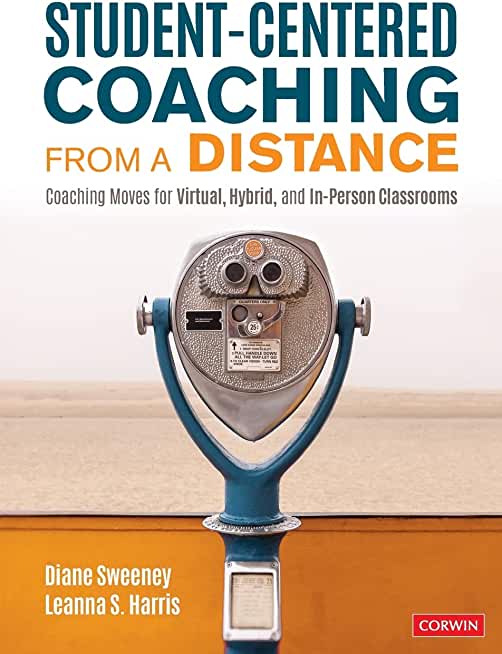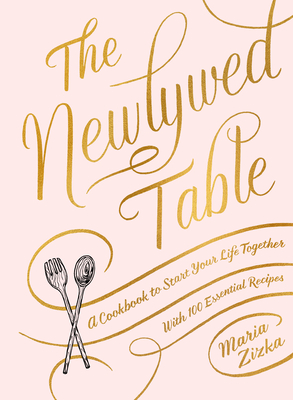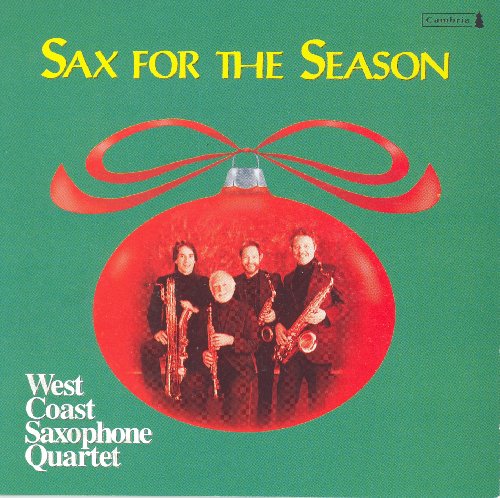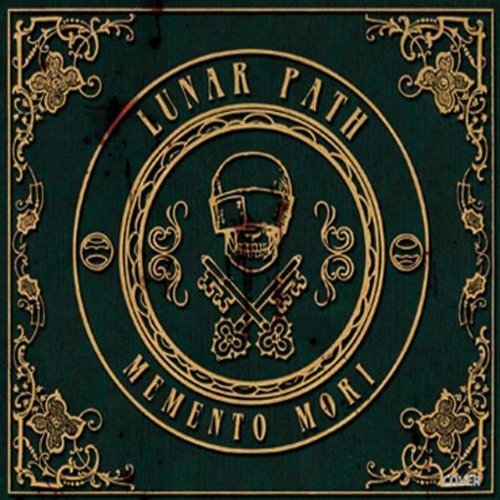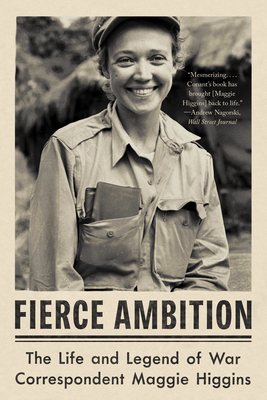
Conant, Jennet
While the Herald Tribune exploited her feminine appeal--regularly featuring the photogenic "girl reporter" on its front pages--it was Maggie's dogged determination, talent for breaking news, and unwavering ambition that brought her success from one war zone to another. Her notoriety soared during the Cold War, and her daring dispatches from Korea garnered a Pulitzer Prize for foreign correspondence--the first granted to a woman for frontline reporting--with the citation noting the unusual dangers and difficulties she faced because of her sex. A star reporter, she became part of the Kennedy brothers' Washington circle, though her personal alliances and politics provoked bitter feuds with male rivals, who vilified her until her untimely death.
Drawing on new and extensive research, including never-before-published correspondence and interviews with Maggie's colleagues, lovers, and soldiers and generals who knew her in the field, journalist and historian Jennet Conant restores Maggie's rightful place in history as a woman who paved the way for the next generation of journalists, and one of the greatest war correspondents of her time.


